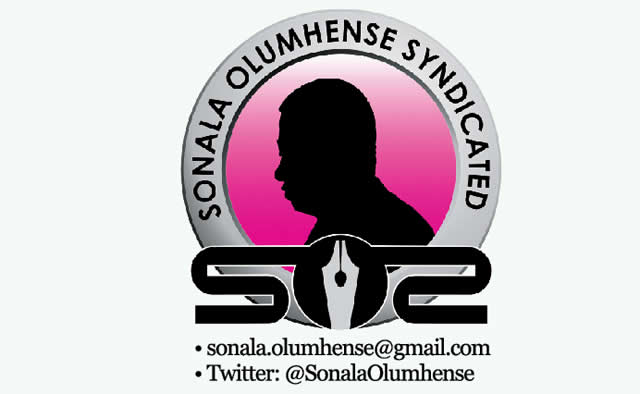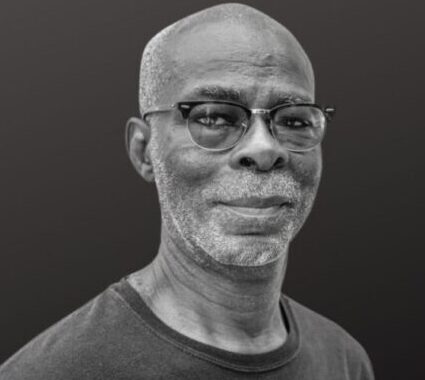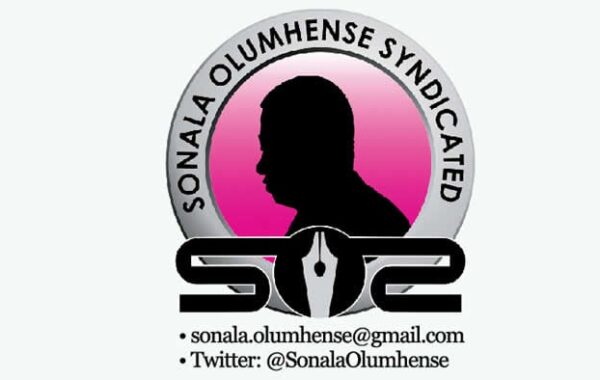
On “Obasanjo Democracy”
I begin this one with something of an announcement: last month, I won Chief Olusegun Obasanjo’s libel suit against me. To paraphrase astronaut Neil Armstrong, it was “one small victory for a writer, but great vindication for a profession.”
It was in May 2019 that the former president sued me for libel, along with The Punch, for a column I had written earlier that year.
Although the opinion had also appeared in Daily Trust, Mr Obasanjo excluded it from his action. He complained that my article was “false, malicious, unjustified, injurious, scornful, distasteful, unsavoury,” and had exposed him to “public odium, ridicule and disdain.”
His demands were:
- One billion naira
- An injunction order against “associates, agents, assignees, servants, privies, proxies, allies or anyone howsoever called from further publishing or causing to be published the words complained of or any other defamatory words concerning” himself; and
- An order compelling us to retract the “defamatory words via a publication on the front page of two national newspapers within three days from the day of the delivery of the judgment of the court.”
The suit was widely covered by the national media, including The Guardian and Premium Times, and I received a lot of communication from worried friends, family, and readership.
Femi Falana, one of Nigeria’s best-known legal authorities, who was already a hero and a friend of mine, graciously agreed to represent me. It was an opportunity to say in a court of law what I had been writing publicly for four decades, and Mr Falana filed in court an intimidating rebuttal of the charges.
In an anti-climax, the complainant last month sought to discontinue the suit, claiming that the defendants had repented. The judge dismissed the suit in my favour. A few local outlets, including SaharaReporters and Daily Trust, reported on it, as did the Standard Gazette of Kenya, but most local media houses did not.
Why is this important?
The former president is currently engaged in a new campaign in which he is questioning the validity of “western” democracy in Africa. In a September interview with The Cable and during a visit to Oyo State Governor Seyi Makinde, he expressed reservations about it.
And then last week, as host of a discussion of ‘Rethinking Western Liberal Democracy in Africa’ at his Presidential Library in Abeokuta, Obasanjo described Western liberal democracy as “unsuitable” and appearing “not to be working” for Africa, and called for it to be “re-examined” or moderated.
He dismissed liberal democracy as a “government of a few people over all the people or population, and these few people are representatives of only some of the people and not full representatives of all the people.”
In his assessment, this is because it is not “homegrown” and takes cognizance neither of “African history and multicultural complexities” or the views of the majority. His prescription: “Afro Democracy.”
On the face of it, Obasanjo is right about the plight of liberal democracy in Africa. But he is menacingly wrong about why that is so or how to fix it.
What is wrong is not the political mechanism but the way in which the African political elite operates it.
Citizens of each country make it clear, year after year, and election after election, not simply that they are not being served, but that they are being voraciously denied.
Consider, for instance, that in Nigeria in 2007, Obasanjo himself wanted an illegal third term as president, and took expensive measures to try to achieve it. It is also a matter of public record that he—not his party—handpicked the PDP presidential ticket of Umaru Yar’Adua and Goodluck Jonathan. And Obasanjo was the one who declared that the 2007 election was a must win, or in his words, a “do-or-die” matter, and that his PDP would rule for 100 years.
That was democracy, in Obasanjo’s hands, “working” for Obasanjo but not for the people, and his PDP left Nigeria in ruins. It is this shifting of the goalposts, not the sport, that hurts Africans politically.
Obasanjo has always known this. Eight years out of office and speaking at the United States Institute for Peace in April 2015, he said we must “move away from the melancholic issue of what is wrong with Africa.”
He put the blame where it should be: on African leaders, declaring that the instability across the Sahel was often driven by exclusion and marginalization of parts of the population and the failure of governments to pay heed and to provide basic services. That, he correctly concluded, led to frustration, agitation, and if not unaddressed, to violence and possibly, terrorism.
He then asked two critical questions: “What if African statespersons made a coordinated effort, measured against concrete benchmarks, to strategically learn from their own scorecards to help implement homegrown solutions for leadership, governance and succession in government, business and civil society sectors?”
“What if African leaders…drew upon their steep learning curves and, further, to help inform blueprints with which to advance the consolidation of equitable, democratic transitions, among other priorities?”
Preachment is easy, but what about practice and performance?
That is the area that is alien to African, particularly Nigerian leadership; an area in which hypocrisy is the predominant political principle, but failure to till the soil is blamed on the shovel. Obasanjo had eight years to show Africa and the world what democracy is, but did he?
Now he resorts to reverse populism: “Democracy that nurtures a lack of peace and security must be thrown overboard. Democracy dividends must involve peace, security, stability, prosperity, wealth creation, employment and the wholesomeness of the society… Democracy that nurtures poverty is abortion. Democracy that nurtures unemployment is a failure.”
These are hollow words. Democracy, including the Afro-variant Obasanjo now espouses, requires practitioners who accept the concept of service and are willing to play by the rules. Nothing can make a political system work if elected leaders use power selfishly or narrowly.
This is why, while Obasanjo can preach into every microphone in the world now, the truth is that the tone was set and every layer of Nigeria’s decay developed, during his tenure.
That includes the use of the electoral commission and the security agencies to manipulate elections, and of executive recklessness of every hue.
With no distinction between PDP and APC—or within parties, such as between APC-Buhari and APC-Bola Tinubu—these political practices include the co-opting of the bureaucracy and of the legislature, which is now virtually a department of the executive, and the neutralisation of the judicial branch.
Once upon another era, governors deployed stealth in ripping off their states and, eventually, using their resources to convert themselves into Senators. Today, they eat their states alive openly and in real time, knowing that they own or can buy the law.
It is a place in time where journalism behaves like a selective spectator sport to its own peril. It is important to grasp not only the empowerment granted by the constitution, but every vindication by the courts.
The problem in Africa is not the deception of democracy but the duplicity of men, and everyone knows it. This also is true: You cannot dine or drink or dance at the scene of the crime without being a party to it.


